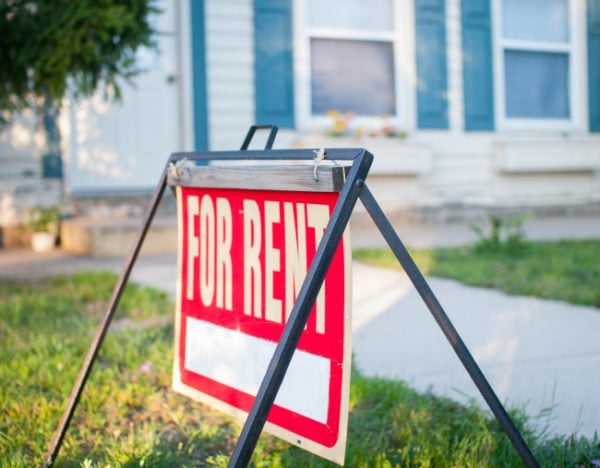Did you know there are more than 200 sections of legislation in the Tenancies Act in NSW? There’s no wonder that very few tenants or landlords know them inside out.
While most landlords do the right thing by their tenants, there are several critical details in tenancy agreements that are worth knowing.
Here are some of the rights you might not know you have as a Sydney tenant.
Steam cleaning the carpet is not always mandatory.
Unless they have given you permission to keep a pet, landlords cannot ask you to have the carpet professionally cleaned.
Tenants are required to leave the premises in the same condition as it was at the start of the tenancy, other than for fair wear and tear.
Tenants are not responsible for fair wear and tear of the property, however, are responsible for any damage caused to the property including stains or marks on walls and floors, including carpet.
Landlords must give consent to reasonable requests to sub-let.
If you want to sub-let your rental property or bring in a new co-tenant, while living in it yourself, a landlord must give their consent if your request is reasonable.
The property manager may ask for their details and rental history, but would need grounds to decline the request.
If you want to sub-let the entire property and no longer live there, a landlord may refuse. A landlord may not refuse an additional occupant the tenant wants to have living with them, according to Fair Trading NSW.
The only time this may be refused is if the total occupants are higher than stated as a maximum in your tenancy agreement.
What real estate guru Andrew Winter can’t live without. (Post continues below.)
You can get your bond back without the landlord’s consent.
Waiting on your bond is probably the greatest annoyance you can have when vacating a property. Many landlords and real estate agents will drag their feet and take the maximum amount of time.


Top Comments
I'm all for tenants having legal protection and rights, but what is happening with rental bonds online right now is very unfair and unbalanced in favour of tenants. I have had tenants claim back 100% of their bond before a final inspection had even been carried out and I could assess whether there was any damage in the property. There is no recourse for landlords if they disagree except to go to Tribunal, which wastes time and more money, especially if you have an agent attending on your behalf. This legislation needs to be changed so that both parties must agree on the bond refund amount before any claims can be submitted to the bond board.